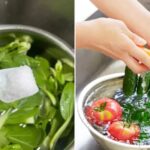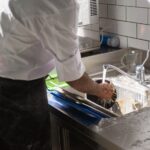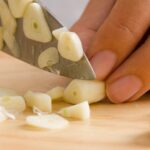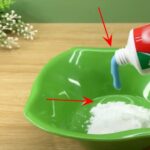Don’t panic if you spot orange stains in your toilet bowl; they’re not dirt but rust stains that can be easily cleaned. Rust is typically caused by an accumulation of iron in the toilet water, usually a result of old plumbing systems in the house.
While it may be a common practice to use bleach to clean the toilet, bleach only disinfects and fades rust stains; it doesn’t remove them entirely. However, you don’t need to resort to harsh chemicals. According to the cleaning experts at Chet’s Cleaning, the best solution is lemon and salt.
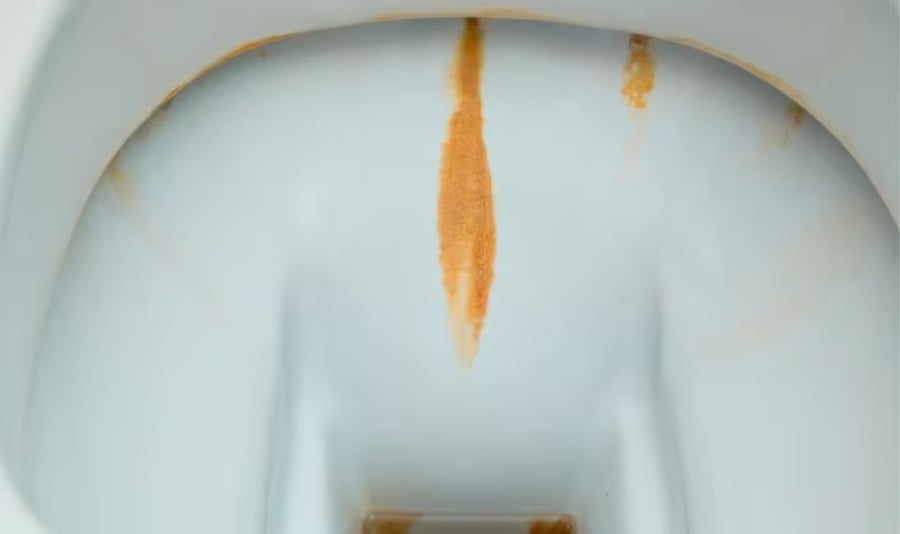
“Cut a lemon in half, sprinkle salt on the cut side, and scrub the rust stains,” the experts share. “The combination of citric acid in the lemon and the abrasive action of salt will effectively remove the rust.”
Although it may seem unusual, lemon juice contains citric acid, which helps dissolve the iron in the rust, thereby loosening the stain for easy removal. Salt has abrasive properties that help the lemon juice adhere to the rust stain effectively, ensuring a thorough clean without damaging the toilet bowl’s porcelain surface.
How to Remove Rust Stains from Your Toilet Bowl
First, cut a lemon in half and squeeze out the juice. It’s best to use fresh lemon juice rather than bottled, as the citric acid in fresh lemons is more potent.
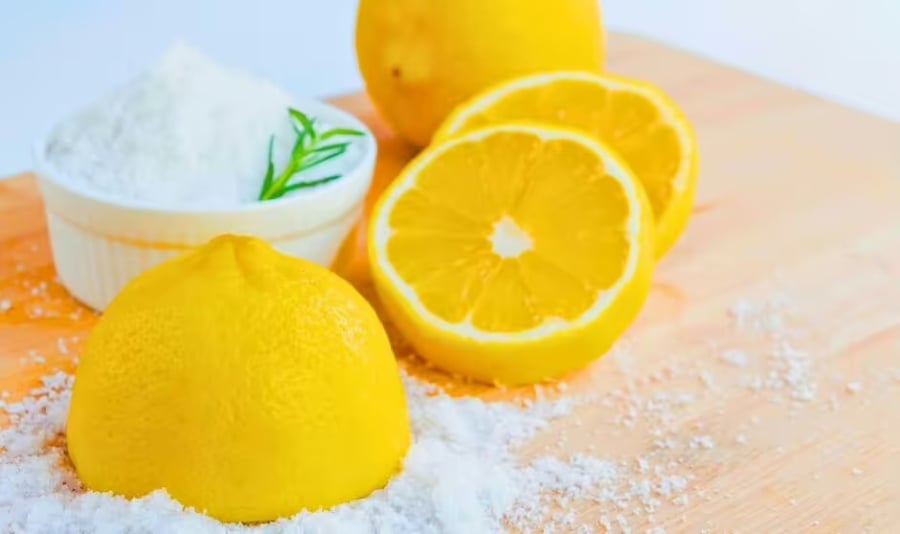
Pour the lemon juice directly onto the rust stains, then add some coarse salt to the stained area. Let this solution sit for about 5 minutes to give the citric acid time to break down the rust.
After 5 minutes, use a toilet brush or a pumice stone to gently scrub away the rust stains. They should disappear completely.
If there are still some traces of rust, you can try a simple baking soda solution for further cleaning.
“Mix baking soda with water to form a thick paste, apply it to the rust stains, let it sit for about an hour, and then scrub with a brush,” the experts advise. “Rinse well. This method is gentler on the toilet bowl’s surface.”
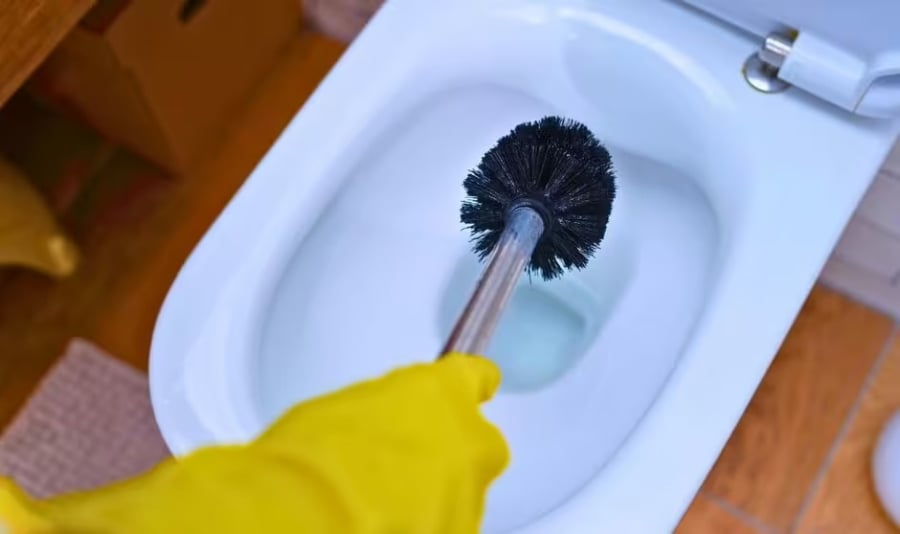
Baking soda is mildly alkaline, which helps neutralize the iron in the rust and prevent future rust buildup.
However, rust is often a result of mineral buildup from hard water, and the best way to prevent it is to clean your toilet bowl at least once a week to minimize this mineral accumulation.
























